Just a few hours after Boris Johnson confirmed that his trip to India had been postponed, the country has been placed on the government’s red list. Following reports of a new India variant of Covid, travel to the UK is to be banned — with those returning from the country facing hotel quarantine as of 4 a.m. Friday. Announcing the news, Health Secretary Matt Hancock told MPs that initial data on the new strain meant that the travel ban had been put in place on a ‘precautionary basis’.
The decision was viewed as inevitable after the Prime Minister’s trip to India scheduled for next week was cancelled. Johnson had been so keen for it to go ahead that just days ago even though the situation was worsening, No. 10 insisted it would proceed as planned. That not even the Prime Minister thought the trip was doable points to the seriousness of the health situation caused by the new variant, which initial research suggests is more transmissible and could be resistant to certain treatments.
The cancellation raises two issues for Downing Street. First, vaccines. The UK is expecting five million doses of the Oxford-AstraZeneca vaccine from India’s Serum Institute, which were due to arrive last month. However, this delivery failed to transpire after the Indian government put in an export ban in a bid to focus on boosting its domestic vaccination programme. In government, senior figures had hoped that Johnson’s trip would result in at least some of these doses being released. Although talks continue, vaccine diplomacy is viewed as harder to do remotely.
Second, this is meant to be a big year for the UK internationally — with the UK to host both the G7 summit in June and Cop26 in November. Johnson is very keen for both of these events to go ahead and cited them today as other opportunities to meet Narendra Modi in person — the relationship with India is viewed as particularly important to the UK’s strategic aims.
But in government, there is concern as to whether these events will need to be scaled down, at the very least. Those in Westminster are concerned that being a ‘virtual host’ will have less impact than being a physical one. What’s more, Johnson’s supporters believe he works better in person than on Zoom calls. If limits on international travel continue, the Prime Minister will have little choice but to up his conference call diplomacy.
<//>
Got something to add? Join the discussion and comment below.
Get 10 issues for just $10
Subscribe to The Spectator Australia today for the next 10 magazine issues, plus full online access, for just $10.


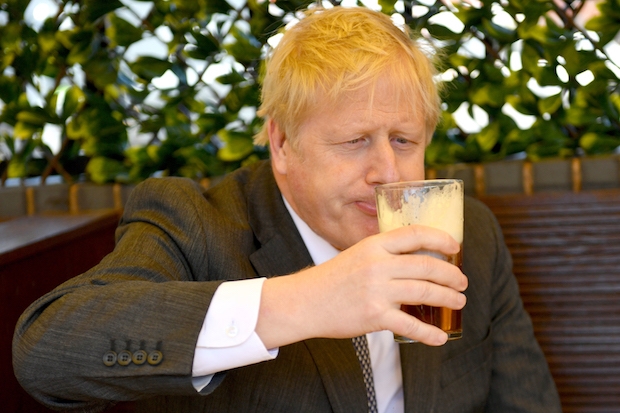
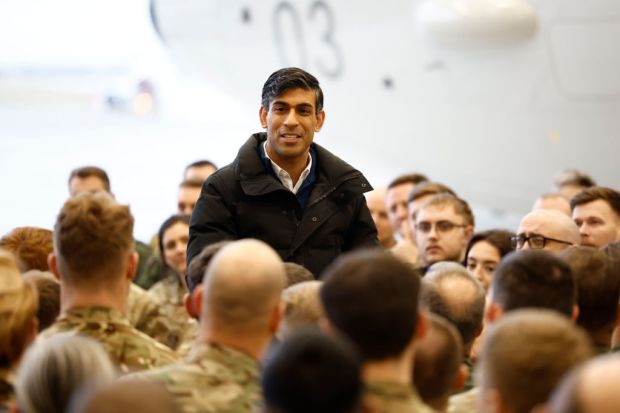
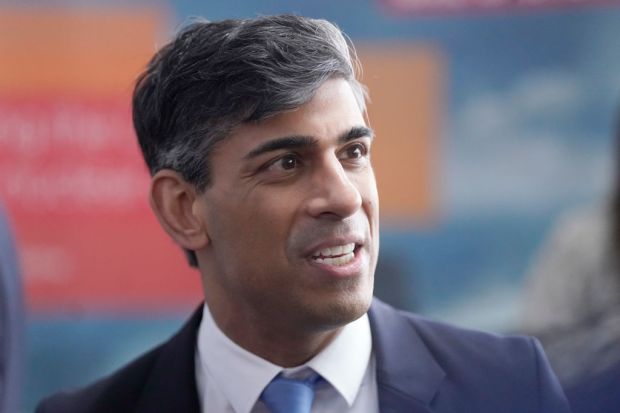
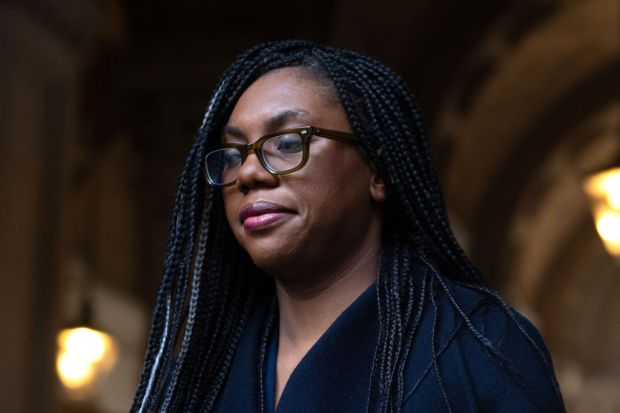
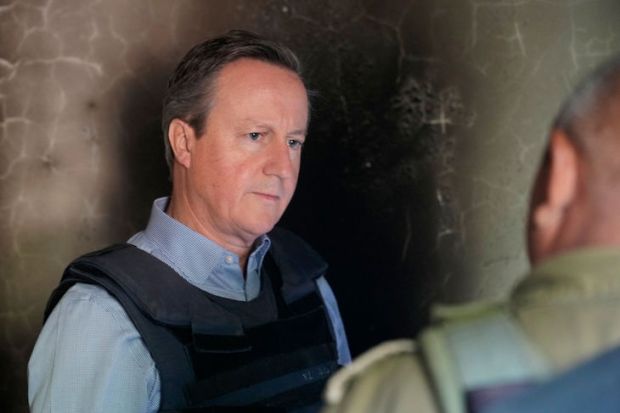














Comments
Don't miss out
Join the conversation with other Spectator Australia readers. Subscribe to leave a comment.
SUBSCRIBEAlready a subscriber? Log in